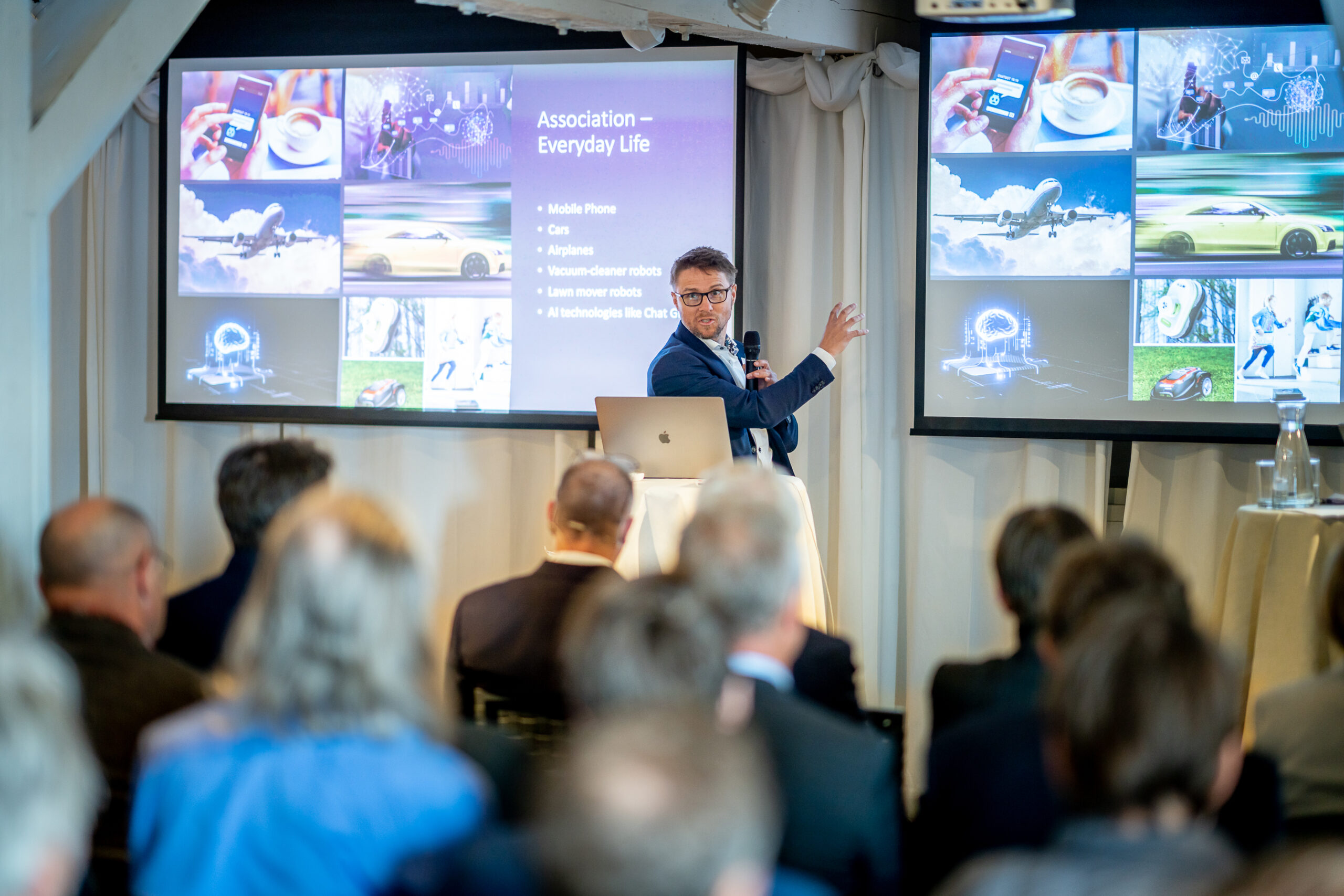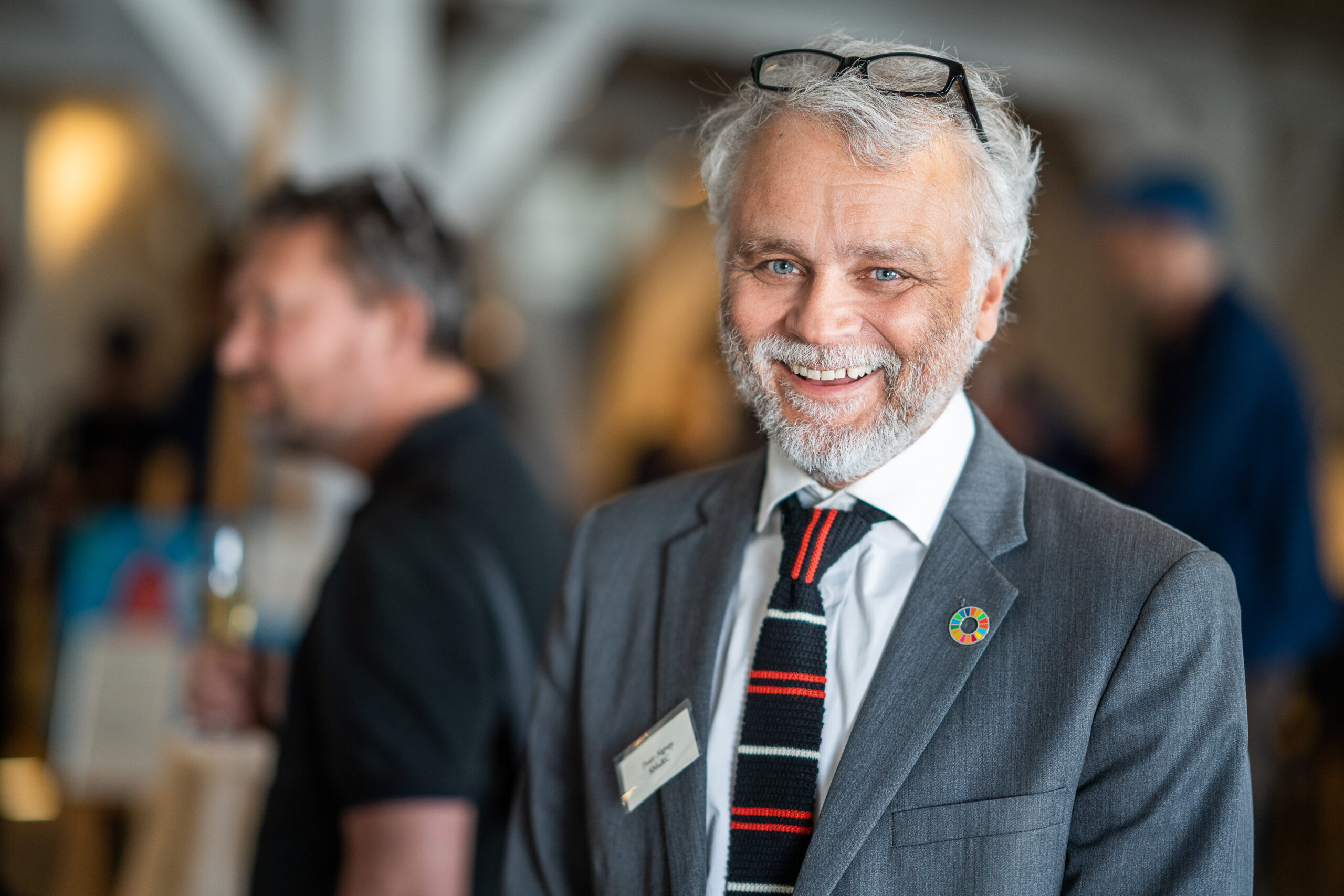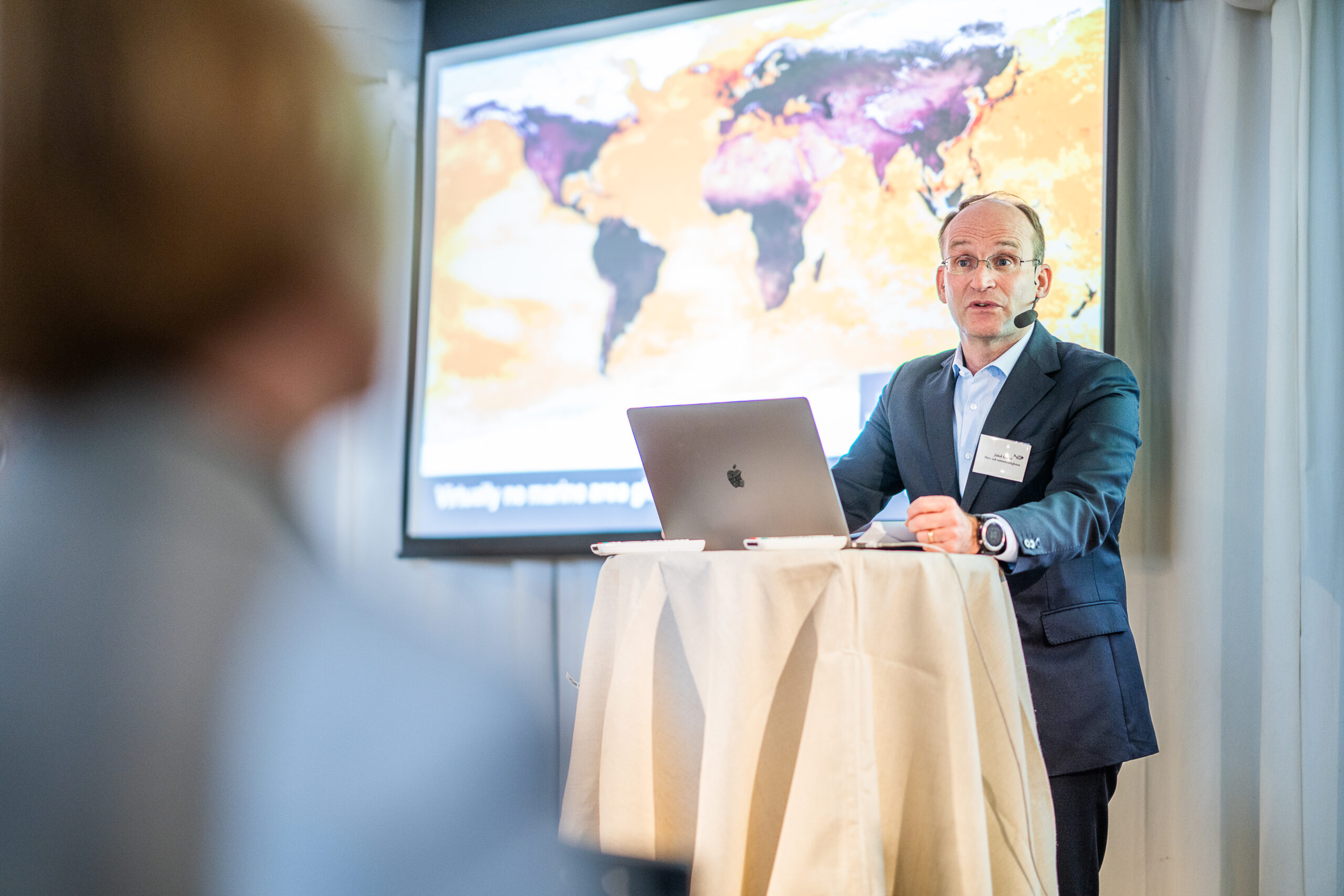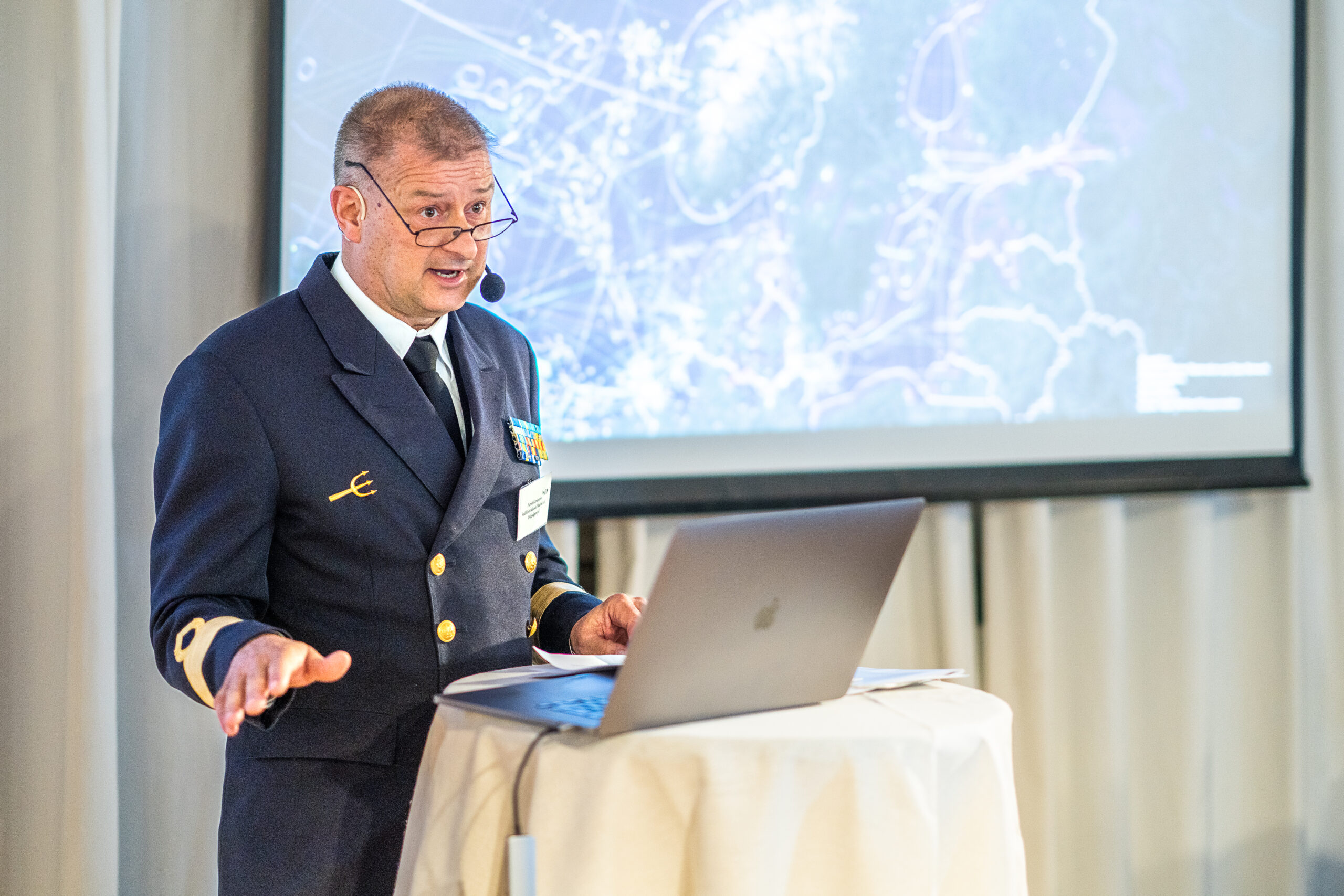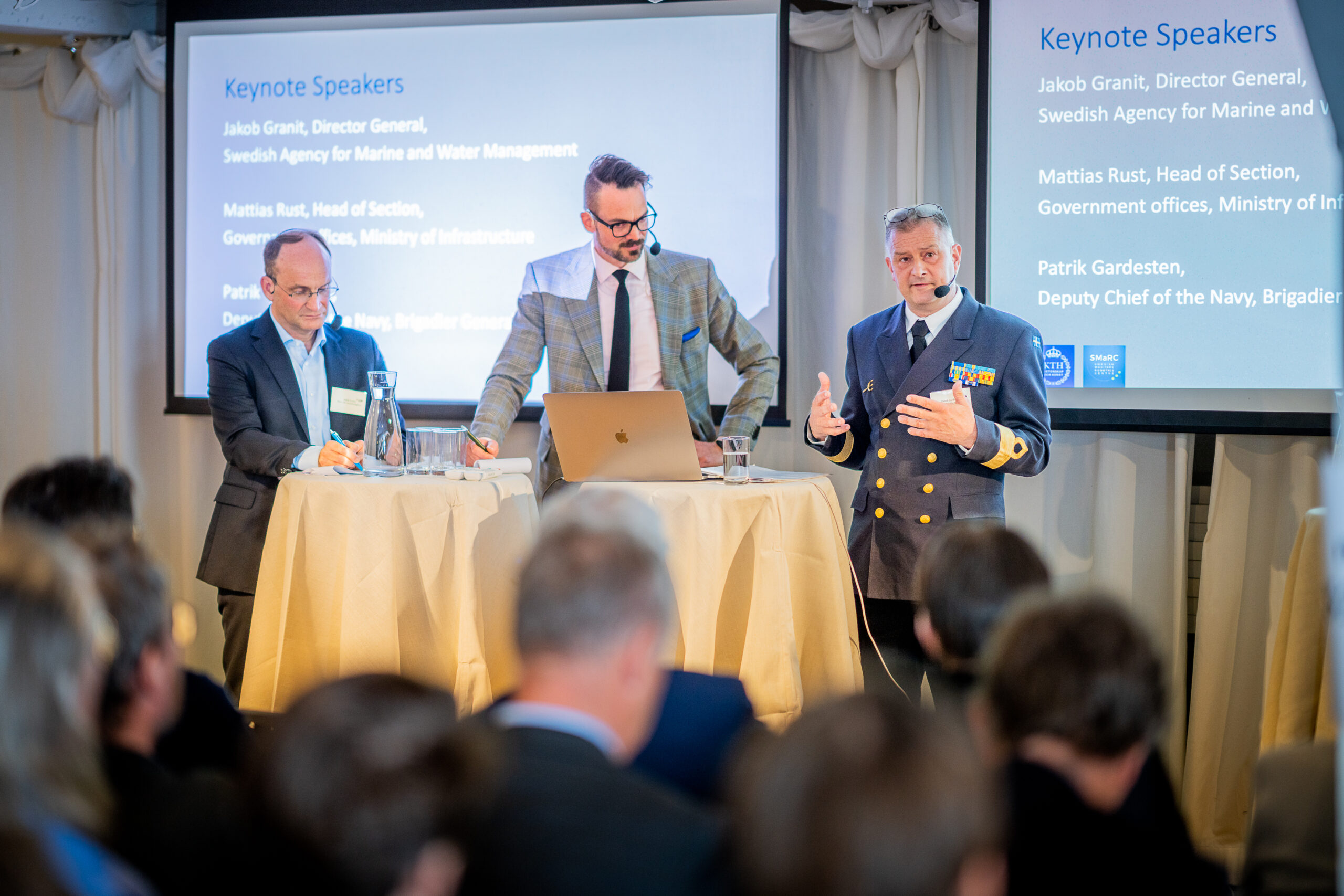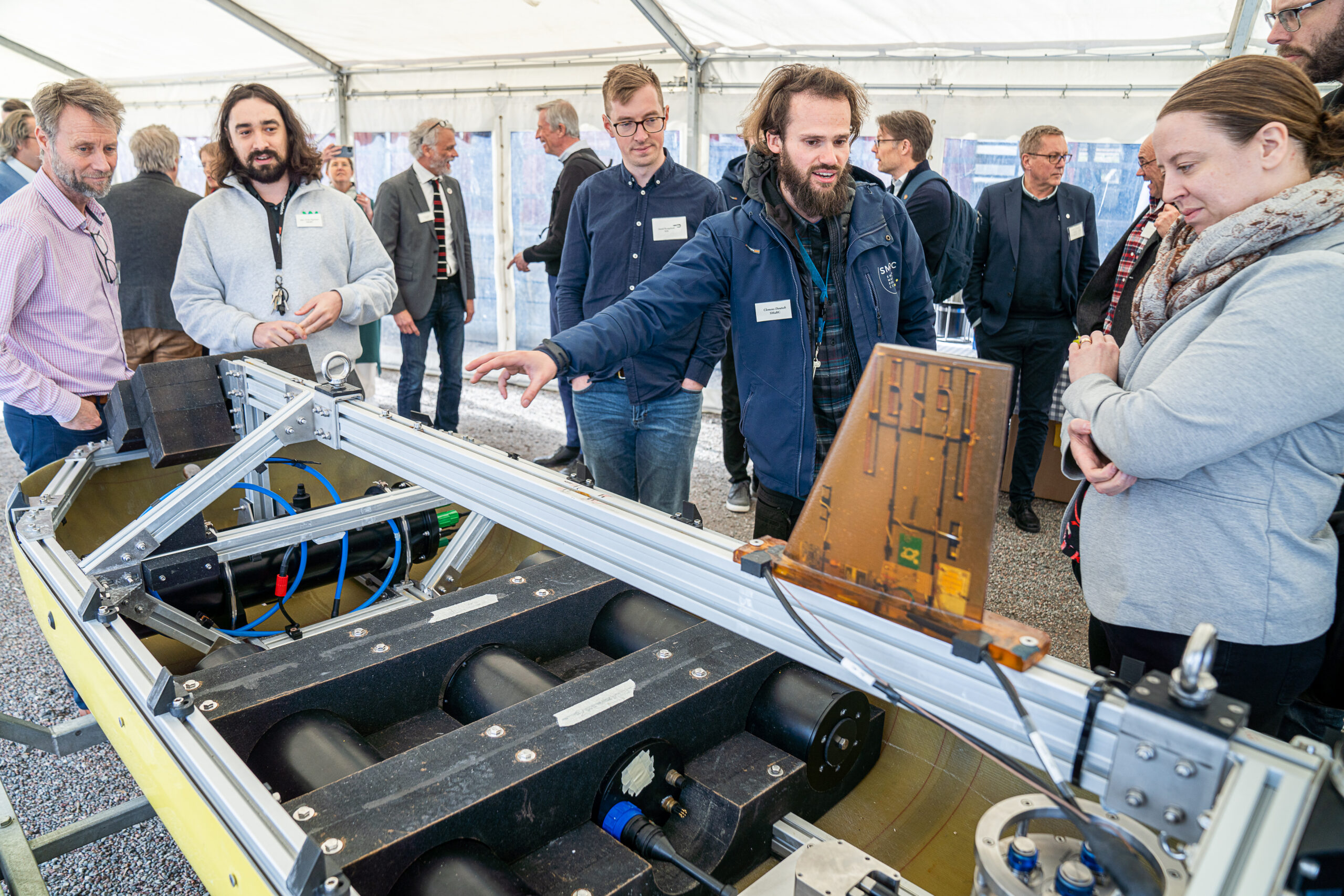The underwater robots ready to take on society’s challenges
SMaRC (Swedish Maritime Robotics Centre), an initiative that numbers KTH among its many collaborators, unveils the potential of autonomous underwater robots to solve several of today’s societal challenges.
With much of the world’s attention focused on problems on land in recent years, it’s vital that what’s happening in our oceans is not ignored. More than ever before, enhanced cooperation is needed to support the fight against society’s challenges posed by climate change, biodiversity loss and marine pollution. From dealing with the threats of melting glaciers, reef destruction and over-fishing, to the benefits offered by food production, increased security and environmental protection, Maritime robotics have the potential to become a true star of the “new blue frontier,” with unmanned vessels providing a safer, cheaper option than typical research sea-faring boats.
The Stockholm-based multi-partners intitiative SMaRC (Swedish Maritime Robotics Centre), has been spearheading the development of autonomous underwater robots. A special event in Stockholm in May provided representatives from academia, the armed forces and local and national politics, with an opportunity to see the robots and the technology behind them and learn more about their capabilities.
The broad range of people, nationalities and professions attending is a testament to the collaborative nature of the entire project, according to Peter Sigray, KTH Researcher and the vice principal investigators at SMaRC.
“We managed to get a wide spread of people together for this event, from politicians, scientists, wind power operators, surveillance companies and many foreign participants. With this kind of forefront technology, you can’t do it on your own anymore, you have to collaborate with other companies and nationalities – if you don’t collaborate, you don’t get anywhere,” he says.
Broadly speaking, the SMaRC project addresses three central issues: ocean production, environmental sensing and safeguarding society.
In the first case, while agriculture helps boost biomass on land, there is still vast untapped potential in the ocean. Underwater robots offer the possibility to cultivate marine plants in large farms and mine the ocean floor, collect data and run daily inspections, harvest and maintain production facilities.
Using unmanned craft allows scientists to reach areas that have previously been impossible to visit. Sensors at different depths help scientists learn more about what is happening deep below the surface, which has profound consequences for tracking both man-made and natural environmental issues, including global warming, fish stocks, coral disappearance and acidification.
Thirdly, underwater robotics can play a role in providing extra security for society. Aided by sensors, from collecting data on ocean movements to discovering mines, deep below the surface, SMaRC vessels will be capable of detecting possible threats earlier and more effectively.
These specific issues, and the potential benefits of SMaRC, were addressed by a series of speakers at the event. Jakob Granit, Director General of the Swedish Agency for Marine and Water Management spoke about the “New blue economy,” the way cheaper forms of technology such as underwater robots can provide cross-society and business collaboration in a form that hasn’t been done before.
Patrik Gardesten, Deputy Chief of the Swedish Navy underlined the need the armed forces can have for technological development in terms of energy supply, data transmission and pipeline security. He also pointed out the necessity of solving the challenges of the “Three Ds” – dull, dirty and dangerous jobs – all of which underwater robotics can provide solutions for.
The next speaker, Mattias Rust, Head of Section, (Maritime), at the Ministry of Infrastructure once again underlined the need for collaboration between the politicians, academia and the private sector. In the ensuing roundtable discussion, Rust also brought up the issue of finance. Again, both public and private sectors will need to work together, he said, adding that time is of the essence – a message brought home by the leaks discovered in the Nord Stream pipeline last year.
There is no question that the challenges society faces today are stark. But the clear message from SMaRC is that its technology is ready to face those challenges head-on. And this is just the beginning, according to Peter Sigray, as the search for investment steps up.
“Most Western countries are trying to do something similar in this field and there is a lot of competition out there” he says. “It’s a dream to take something from the laboratory and testing environment out into the real world, combining technology and natural science. Now our ambition is to continue with the programme and expand.”
